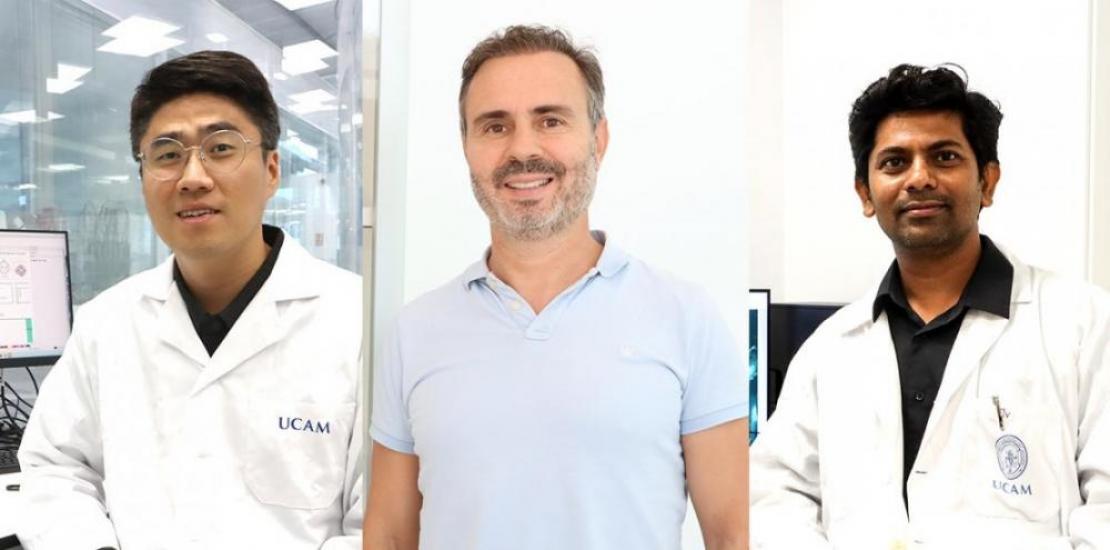Seven UCAM researchers among the world's best in their fields
The institution adds three new researchers to Stanford University's 'World's Top 2% Scientists list', which recognises the 2% most influential scientists
La Universidad Católica de Murcia (UCAM) has added three new names to the prestigious Stanford University's World's Top 2% Scientists list which recognises the 2% of the world's most influential scientists in their respective areas of expertise: sport, polymers, analytical chemistry and chemical sensors. This edition incorporates Dr. Pedro Emilio Alcaraz, Dr. Jeevithan Elango and Dr. Xing Xuan, who join Dr. María Cuartero and Dr. Gastón Crespo, already present in previous editions. Other researchers linked to UCAM such as Sergio Alexandre Gehrke and Vicente Gómez† also appear in this ranking.
‘These results show that UCAM, in less than three decades, has implemented an agile and productive model, capable of attracting human and financial resources to the Region of Murcia to develop quality science that contributes to solving the great challenges of today's society,’ said UCAM's vice-rector of Research, Estrella Núñez Delicado.
Sports science
Professor Pedro Emilio Alcaraz, director of the UCAM Research Centre for High Performance Sport (CIARD), with more than 200 scientific publications, leads a research group that focuses its studies on optimising the capabilities of elite athletes to achieve their maximum performance, working with figures as relevant as Ilia Topuria, Pedro Acosta and María Pérez. Its research has also played a key role in advising clubs such as FC Barcelona and Manchester City, consolidating CIARD as a benchmark research centre that converts sporting talent into world-class results.
Tissue engineering
Professor Jeevithan Elango, a researcher in the field of biomaterials and tissue engineering, has established an internationally recognised track record with more than 2,700 citations. His work is distinguished by an innovative and sustainable approach, transforming marine by-products, such as squid skin or fish cartilage, into advanced biomaterials for regenerative medicine. His main achievements include the development of 3D hydrogels and implants capable of mimicking the body's natural environment to support tissue repair, as well as the creation of bio-inks from marine sources for the 3D printing of customised implants.
UCAM SENS
For its part, the chemical sensors unit of the UCAM (UCAM-SENS) continues to add researchers to the ranking of the top 2% of scientists in analytical chemistry and chemical sensors. Dr Xing Xuan joins Dr. María Cuartero and Dr. Gastón Crespo among the most relevant scientists thanks to their studies focused on chemical lactate sensors. His work focuses on the development of wearable devices capable of measuring lactate and other analytes in the sweat of athletes and transmitting this data in real time to a mobile phone or tablet. These sensors represent a non-invasive and personalised alternative for assessing physical exertion and optimising sports performance, marking a breakthrough in the physiological monitoring of elite athletes.




